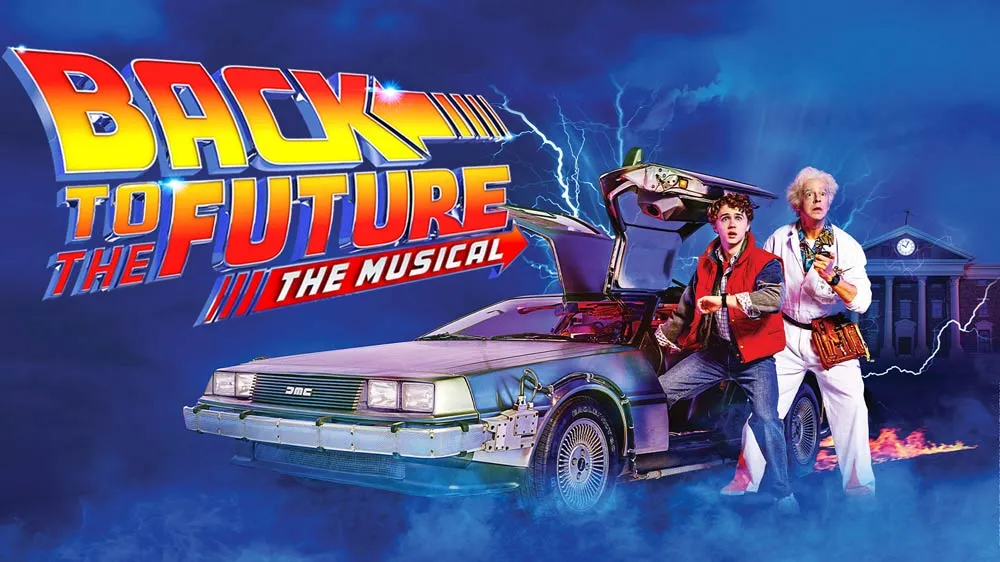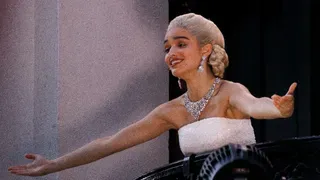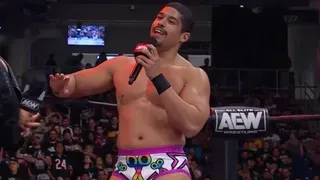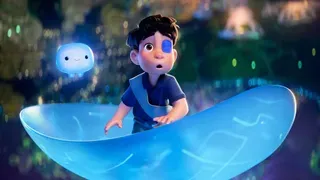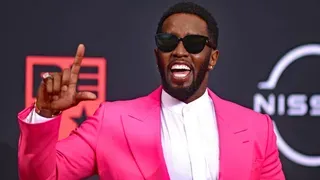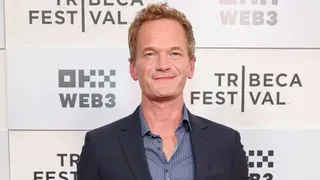April 22, 2012
'Bully' Pulpit
Chris Sosa READ TIME: 3 MIN.
Last month, Bully was fighting for its life. After being handed an R rating by the Motion Picture Association of America -- effectively ruining any chance that an underage audience could see the teen-bullying documentary -- director Lee Hirsch and subjects from the movie visited Washington to urge the powers-that-be to change their decision.
"It's insulting," Kelby Johnson, a teenage lesbian from Oklahoma who appears in the film, said before the MPAA forum in March. "It really sucks that they're trying to censor our reality and what we go through every day."
A lot has since changed. On March 26, The Weinstein Company announced it would release Bully without a rating. Days later, bolstered by an online petition signed by 500,000 supporters, Weinstein and the MPAA finally made a deal: Bully would cut three of its six profanities, and in return it would get its coveted PG-13 rating. And early returns suggest that agreement will be success: The documentary only opened in a select few theaters last Friday, but earned the weekend's highest per-theater box-office sales.
While Hirsch didn't exactly predict that grassroots success while sitting in the Ritz-Carlton in Georgetown a month ago, he did note how the short-lived Hollywood battle could prove to be a blessing in disguise.
"I think what's really cool is the thousands of people who've supported it. Through [the Human Rights Campaign], something like 60,000 letters were written," Hirsch says. Our film is raising awareness, but it's also a vehicle for all the people who've been bullied that've never had any help. This film is a vehicle for all those people who've shared in that silence and shame."
Hirsch knows that silence and shame well. Bullied often as a child, he decided to take on the project three-and-a-half years ago, calling it "a piece of my life that I carried around, part story I wanted to tell, part emotional baggage."
"Once we started, it felt like there was so much urgency and need out there to do it," he says. "I think a big piece of it was to give validity, to give a voice, create a sort of undeniability around bullying."
Johnson, who was shunned by her Oklahoma town after coming out, learned about Bully after her mother wrote to Ellen DeGeneres's message board to tell her daughter's story. Through DeGeneres's staff, Hirsch contacted Johnson and asked permission to film her. She immediately agreed.
"I've always wanted to do something and Lee gave me the opportunity," Johnson says. "He helped me get to the place I wanted to be, making a change, helping people, not being scared to speak my mind and to speak up and say something."
Figuring out the rest of the shooting schedule -- specifically, obtaining permission to film inside a school -- wasn't as easy. After many rejections, Hirsch pitched his project to a school district in Sioux City, Iowa.
"They were receptive," he said. "They were like, 'Hey, we're on this journey and we want to do better. If this can help us do better and others do better, let's do it.'"
Watching the documentary suggests that the school has a long way to go. In one of Bully's most infamous scenes, an assistant principal chastises one student when he refuses to shake hands with the bully who has been harassing him for weeks. (His rejection is as bad as bullying, she tells him.)
"Teachers and administrators have to recognize that they have a lot of power to make things better -- and a lot of obligations as well," Hirsch says. "We don't hold back, but it doesn't come from a place of 'us versus them' either."
"Us versus them" seems to be the antithesis of Hirsch's method of fighting back against bullying. Because all kids can get bullied, he believes, it's important to give them all help.
"I think special-needs kids are just as at risk as gay kids," he says. "I think it's a mistake for the LGBT community to say, 'We own bullying' or 'This is really just our problem.'"
Asked to clarify, Hirsch reiterates his empathy for all bullying victims.
"I don't like bullying being a politicized issue," he says. "I don't want to give right-wing people that look for any platform they can find to be anti-gay a reason to not teach their kids to be empathetic. We need to get to the kids before the hate comes in."
